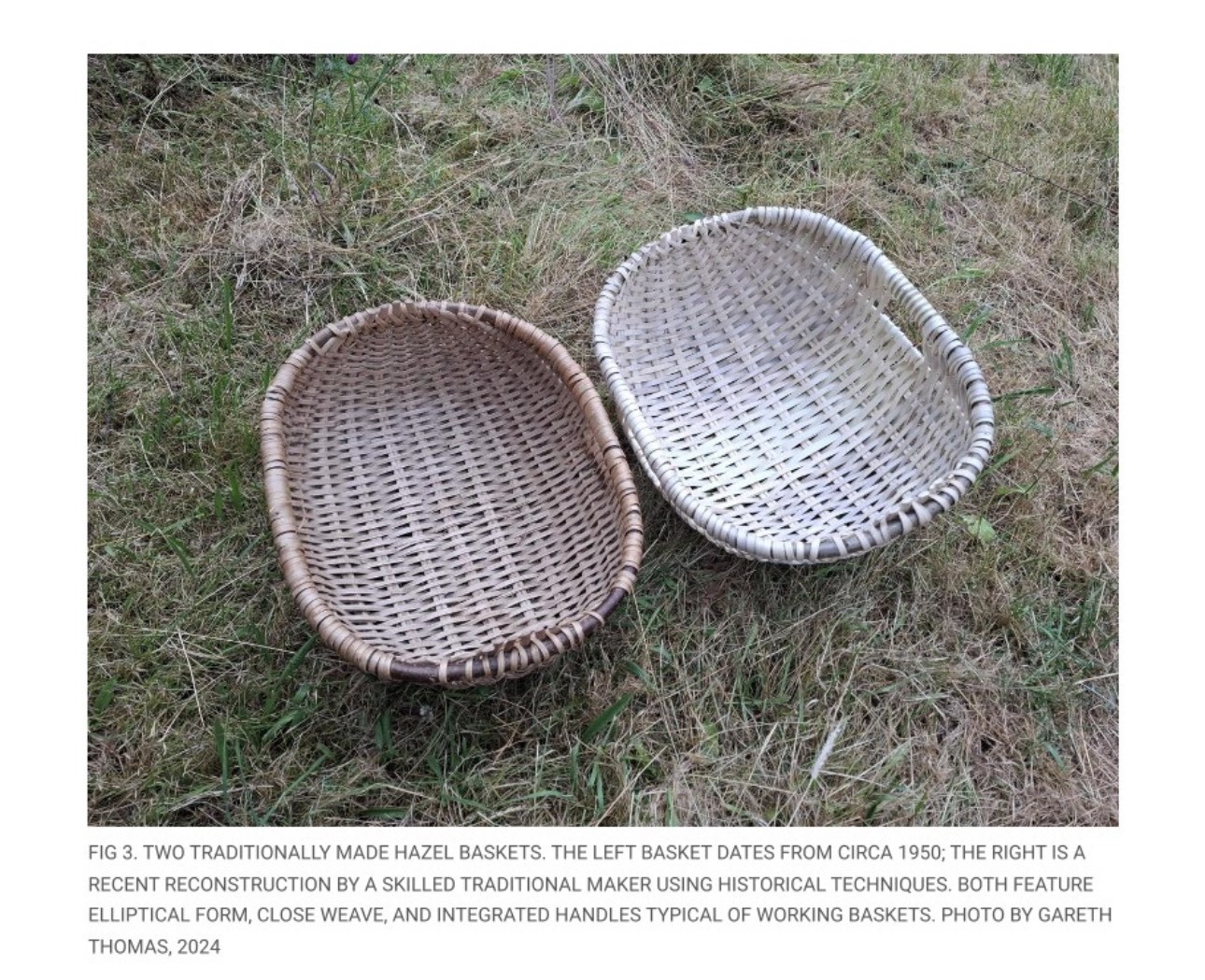
Posted in Blog on May 20, 2025.

Author: Sophie Spooner
In an interview with Dr Jeanette Gallagher, Dr Rebekah Humphreys, University of Wales Trinity Saint David (UWTSD), discusses concepts from her recently published book, “Animals, Ethics, and Language: The Philosophy of Meaningful Communication in the Lives of Animals.”
The conversation between Dr Humphreys and Dr Gallagher probes fundamental questions surrounding our moral obligations towards the animal kingdom, which form the basis of Rebekah’s book. The essence of ethics in our interactions with both human and non-human life is at the core of their discussions.
Can our legal frameworks truly champion the rights of those without a spoken voice?
Does humanity's perceived dominance inherently grant us authority over the entire animal life cycle?
Are our definitions of right and wrong inherently shaped by those who hold positions of power and control?
Is the belief in superior human intelligence a justifiable basis for positioning ourselves at the centre of the universe?
During the interview Dr Humphreys explores the root nature of communication, questioning whether it's solely confined to verbal expression or if a deeper, more intuitive connection allows us to understand the unspoken needs and feelings of other beings.
Dr Humphreys questions the terminology we employ, questioning the distinction between "human" and "non-human" life. Where did this linguistic divide originate, and how does it shape our interactions with the myriad creatures sharing our world?
Discussions in the interview also challenge our imposition of human constructs, such as control, belief systems, and regulations, onto the diverse tapestry of animal life; Reminding us that humanity itself is an integral part of this broader animal kingdom, extending far beyond our terrestrial, more-than-human companions.
Are we, in essence, projecting our own human-centric rules onto all other life forms, thereby dictating the course of their existence based on our limited understanding?
The interview discusses the escalating global concern regarding the treatment of animals in various industries, including trade, food production, entertainment, and the fulfilment of human necessities. Their discussions touch on the historical trajectory that has led to widespread animal mistreatment and the societal factors that have permitted its continuation.
At a time of climate crisis, immersed in the urgent need to foster more sustainable ways of living, how we see our place on this planet as human beings and how we relate to our planet’s more-than-human inhabitants is paramount to living in harmony and balance.
Key, is our relationship with the planet and all its life. How we perceive our role as humans, and our relationship with planet earth and all non-human life, truly shapes how we act.
For centuries, a dominant worldview has placed humans at the top of a hierarchy, with a right to exploit nature for our benefit. Shifting to a mindset of partnership recognises the intrinsic value of all living things and our interconnectedness within the Earth's systems. A shift towards understanding that we are part of nature, not separate from it.
We are deeply reliant on the natural world for everything from the air we breathe and the water we drink to the food we eat and the resources we use. Acknowledging this interdependence fosters a sense of responsibility and care.
Our focus has tended to be very human-centric. Recognising the intelligence, sentience, and inherent worth of non-human beings – from the smallest microorganisms to the largest whales – can lead to more ethical and sustainable practices. It encourages us to consider their needs and perspectives, not just our own.
Extending our circle of care beyond our own species can be a powerful motivator for environmental action. When we feel a sense of connection and empathy for the suffering of other beings and the degradation of ecosystems, we are more likely to act in ways that protect them.
This same sense of care and compassion is vital when we consider all the people we share this Earth with. Expanding our circle of care to include all of humankind, alongside the rest of the natural world, feels like the essential first step towards creating peace and stability for our planet.
Our current, often short-sighted, approach prioritises immediate gains over long-term sustainability. Embracing a longer timescale, considering the well-being of future generations and the health of the planet for centuries to come, can lead to more responsible decision-making.
Navigating through this era of climate chaos into possible flourishing planetary futures requires a profound re-evaluation of our place in the cosmos. How does the future look through the lens of moving from a position of dominance to one of respect, from exploitation to stewardship, and from a narrow human-centred view to a broader, more inclusive understanding of life on Earth?
Is this the shift in consciousness that holds the key to living in greater harmony and balance? By fostering a deep sense of interconnectedness and responsibility, can this fundamental change in perspective inspire us to adopt more sustainable practices and work towards a future where all life, human and non-human alike, can thrive?
https://open.spotify.com/episode/2mqeb3SnjOPUMmHovosLz1
https://www.youtube.com/watch?v=SnUQIu7xtIQ
Book overview
With an ever-growing body of evidence on the links between different oppressions, never have the debates in Critical Animal Studies surrounding intersectionality in relation to animal ethics been more important. In particular, the arguments related to anthropomorphic attributes of mentality to other than humans promise to provide fruitful new ground for re-assessing human-animal relations. This book maps the central debates surrounding anthropomorphism in relation to our descriptions of animals, their lives, animal mentality, and meaningful communication in the nonhuman world. Rebekah Humphreys synthesises the work of critical animal theorists, philosophers, and cognitive ethologists, and provides a critical account of how the debates concerning anthropomorphism play a key role in a proper understanding of animal ethics.


